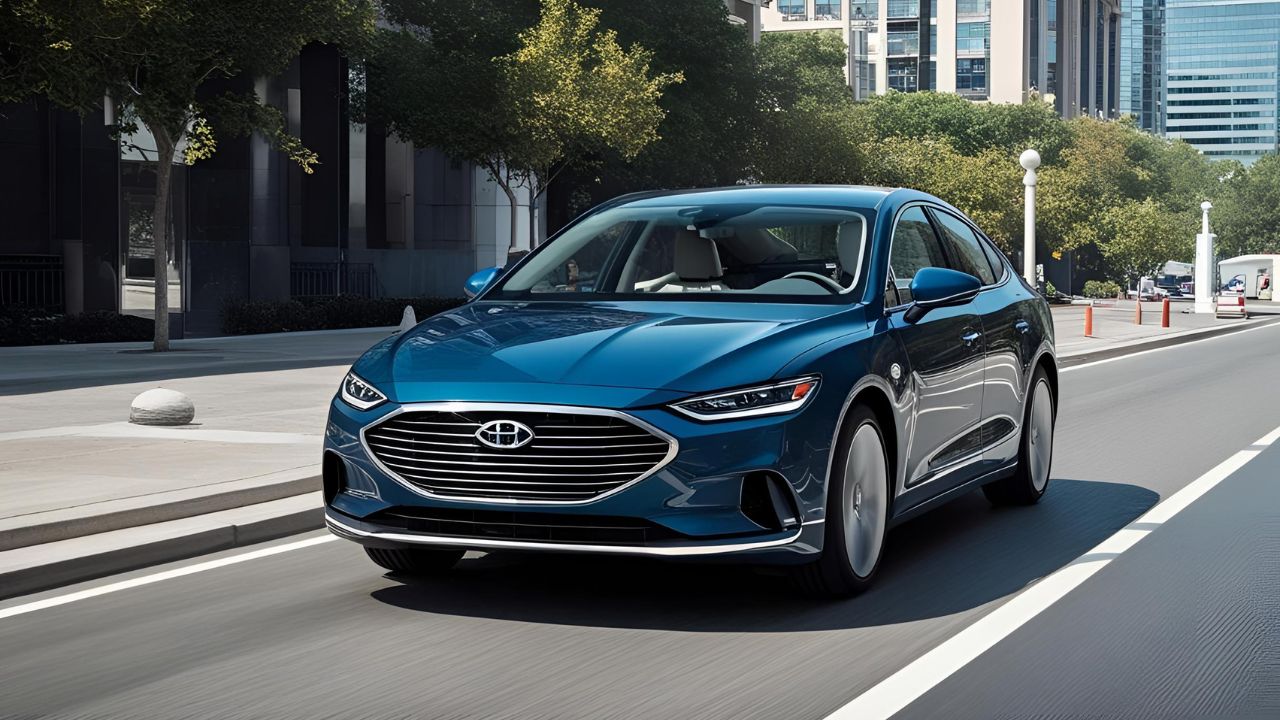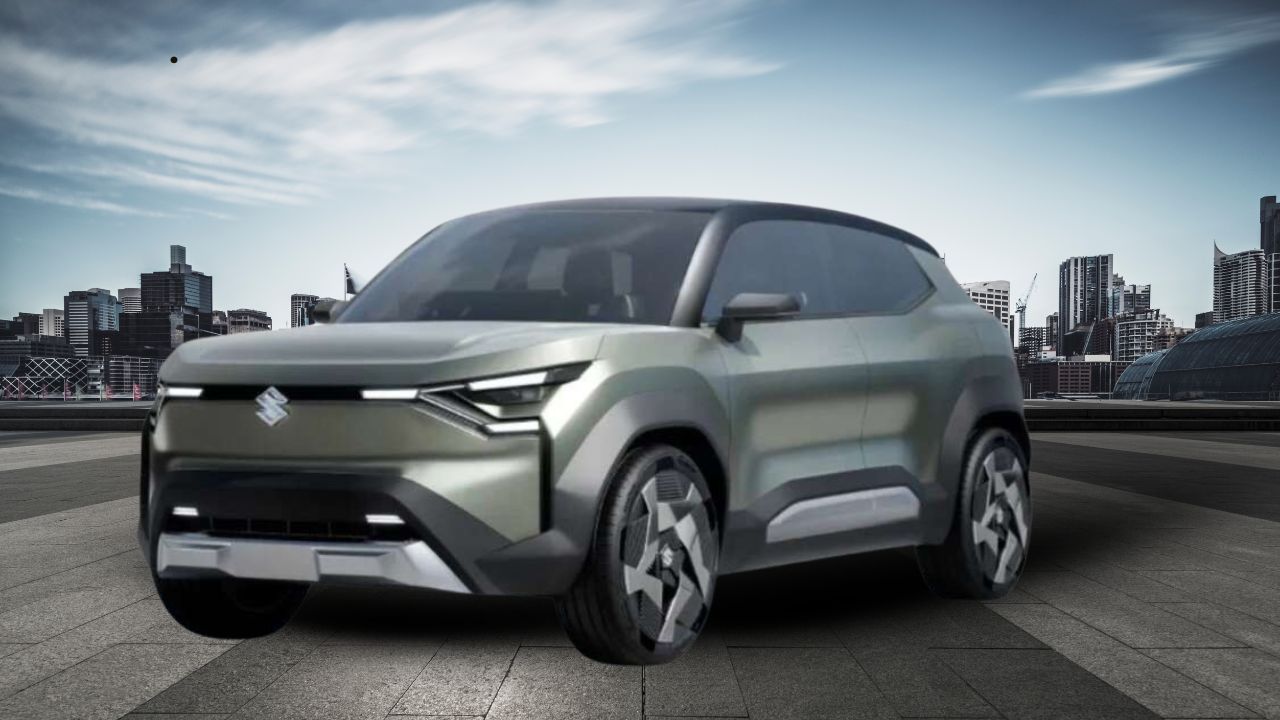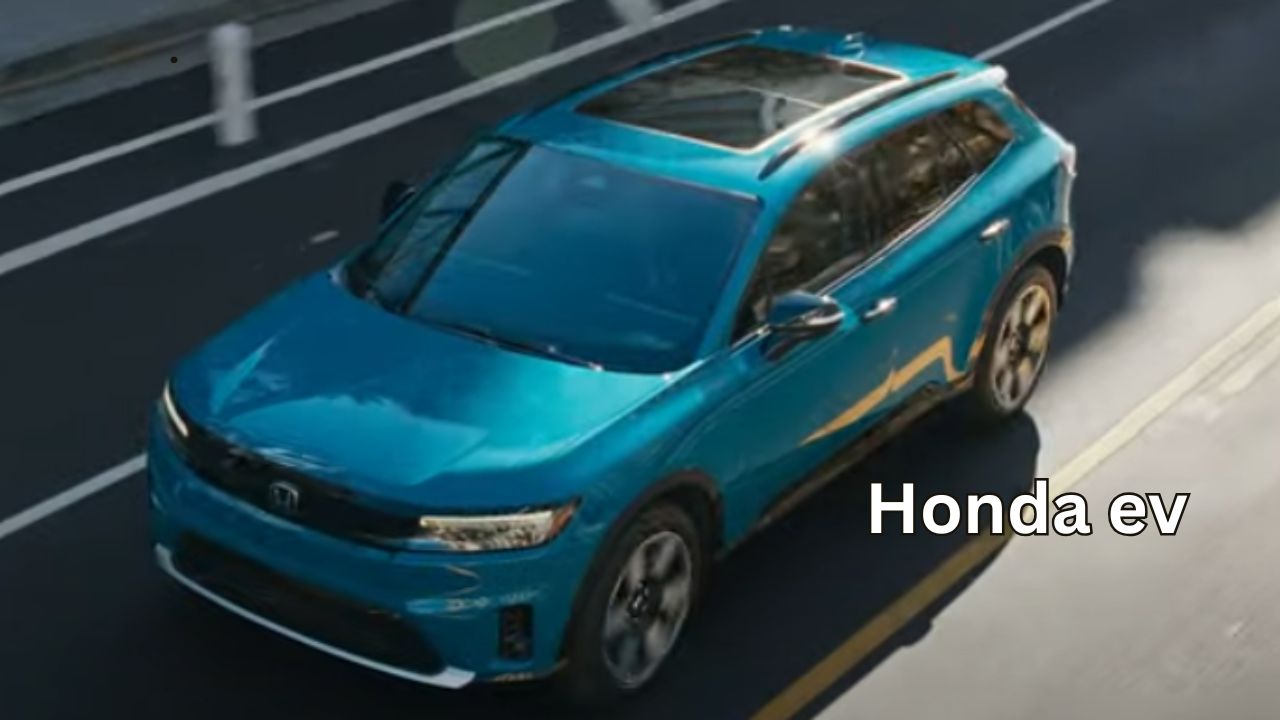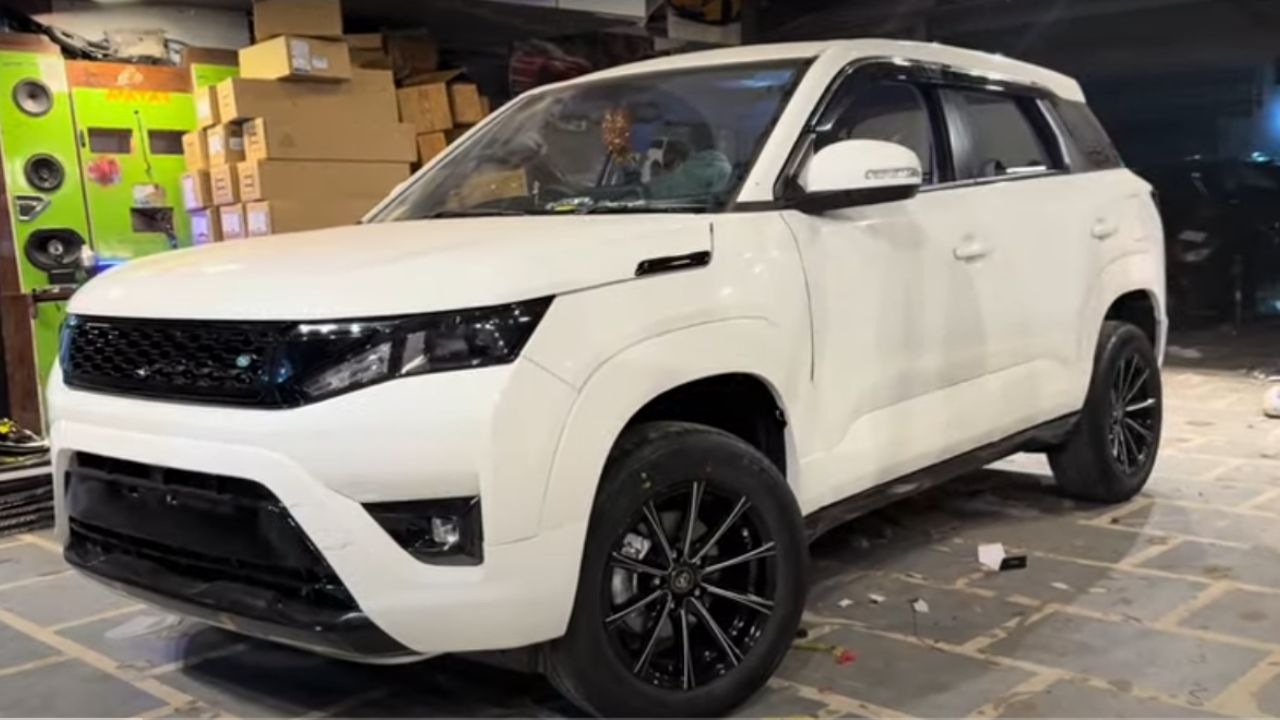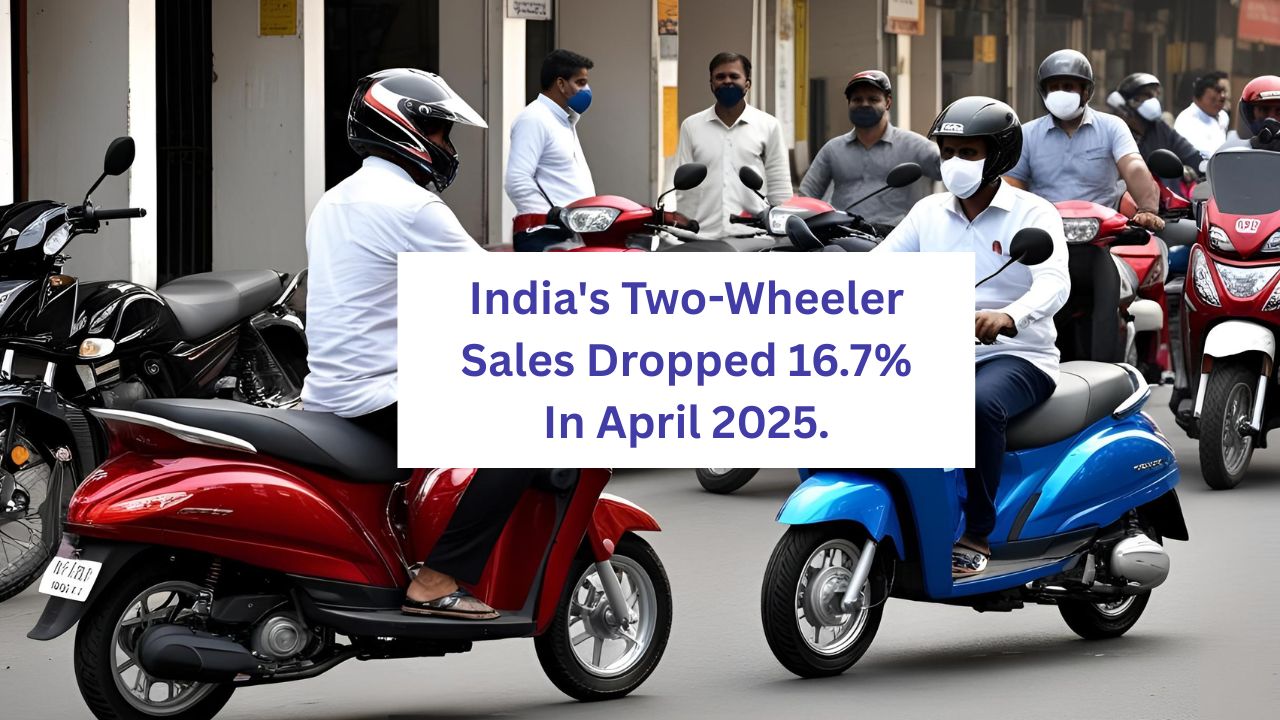The self-driving car segment is still in its infancy in India. Some regulatory, infrastructural, and technological aspects must be investigated deeply to further self-driving cars in a country where infrastructure is traditional and self-driving cars are almost alien.
Current State of Autonomous Vehicles in India
There is certainly mobility innovation with the introduction of AI and autonomous technologies in newer vehicles for safety, convenience, and accuracy. While fully autonomous vehicles (Level 4 and Level 5) are still in testing and not standard on Indian roads, advanced driver assistance systems (ADAS) and semi-autonomous features like adaptive cruise control, lane-keeping assist, and automatic emergency braking are already available on newer models from Tata, Mahindra, Maruti Suzuki, and Hyundai.
The Road Ahead: Technological Developments
ADAS vehicle capabilities are likely to improve significantly in terms of the ability and adaptability of driving by 2030. Working with AI and EVs is a promising solution to this problem, as intelligent battery management, predictive maintenance, and route optimisation are expected to become the norm. There is promising industry action with technology companies and Indian IT heavyweights working with automakers to create self-driving software and innovative connectivity systems, directly automating vehicles.
Legal and Regulatory Challenges
Challenges persist. India does not have specific legislation governing self-driving vehicles, and the Motor Vehicles Act of 1988 mandates that a human operator must be present, which inhibits the use of fully autonomous vehicles. In addition, issues around responsibility for autonomous vehicle accidents also need to be solved. Autonomous cars are included in the National Traffic and Road Safety Law, and the ELV (End-of-Life Vehicle) Rules are positive moves. Still, further legal and infrastructural groundwork is needed before comprehensive adoption.
Potential Benefits and Impacts
Most of all, self-driving cars are expected to make a difference in reducing accidents and traffic, lowering pollution, and increasing road safety, all of which significantly benefit India. By 2030, private cars, rideshare vehicles, and public transportation are predicted to incorporate advanced autonomous features driven by technological developments and collaborative government and industry efforts, especially in metropolitan areas.
Conclusion
To conclude, over the next ten years, India is likely to progress from driver-assistance and semi-autonomous vehicles to more sophisticated self-driving cars, with full autonomy possible in some areas as regulations and infrastructure develop alongside technology. While the journey is complex, there is significant potential for smarter, safer, and more eco-friendly transportation in India.
You may read this: Maruti Suzuki Cars to Get Six Airbags as Standard, Including the Alto K10 and Wagonr.
